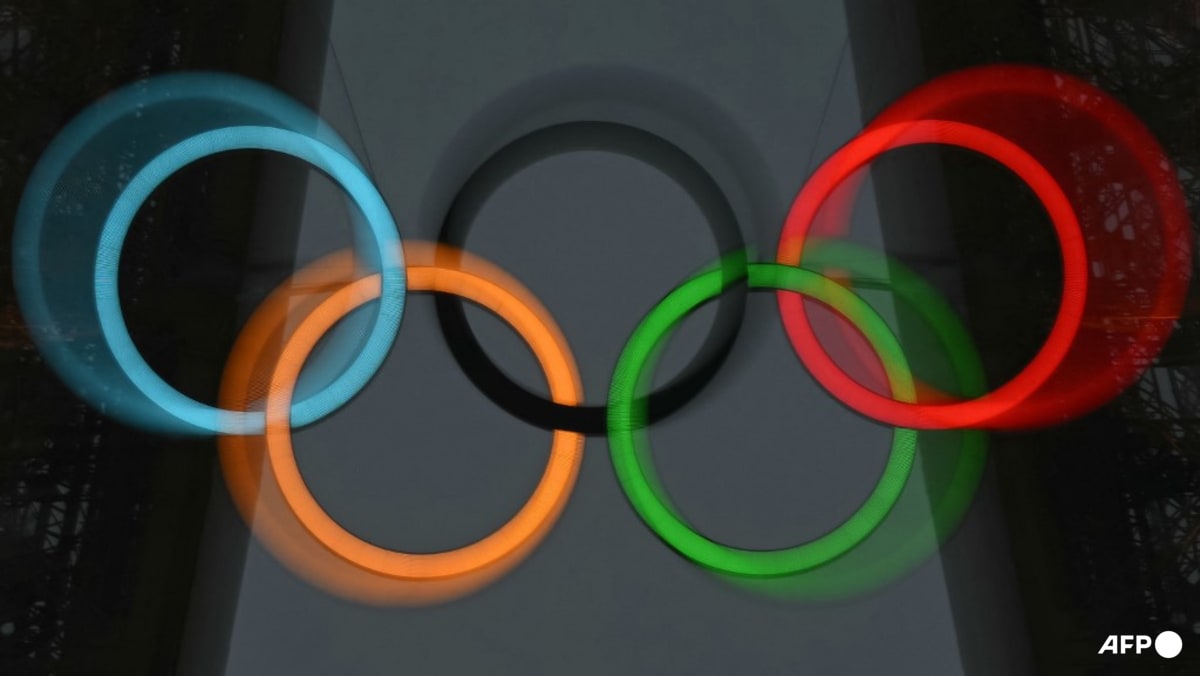MUNICH: Ukraine reacted with outrage on Saturday (Sep 27) after the International Paralympic Committee lifted a partial suspension of Russia and Belarus imposed since Moscow’s incursion into Ukraine in 2022.
Ukraine’s Sports Minister Matviy Bidnyi said those who voted for the decision at the IPC’s general assembly in Seoul had betrayed “their conscience and the Olympic values”.
The decision opens the way for Russian and Belarusian athletes to compete under their own flags at the Milan-Cortina Winter Olympics next year despite the ongoing war and occupation.
“This decision means NPC (National Paralympic Committee) Belarus and NPC Russia now regain their full rights and privileges of IPC membership,” the IPC said in a statement.
It added: “The IPC will work with the two members involved to put practical arrangements in place for this as soon as reasonably possible.”
However, the decision on which nations compete in the six sports on the winter programme is governed by the international sports federations that have so far maintained a ban on Russian and Belarusian athletes.
“The position of the host country and the Organising Committee is crucial, and we are already working closely on this matter,” said Bidnyi. “We call on our European partners, who will host the upcoming Winter Paralympic Games, not to allow the flag of the aggressor state to be raised over the free and democratic space while the war of aggression continues.”
He added that Ukraine’s “decision on whether to participate will be made collectively at a later stage”.
The Russian Paralympic Committee welcomed the move, calling it “a fair decision” and “an example of how athletes’ rights should be protected without discrimination on national or political grounds”.
To be eligible, each athlete must have an active licence for the 2025/26 season from their international federations for para Alpine skiing, para cross-country skiing, para snowboarding, para biathlon, para ice hockey and wheelchair curling.
The six sports on the Milan-Cortina Paralympic Games programme, however, depend on international federations that have not yet reinstated Russian or Belarusian athletes, including those under neutral banners.
“It may seem short (notice) indeed, since many selection paths are particularly advanced,” said Marie-Amelie Le Fur, president of the French Paralympic Committee, to AFP.
“To date, not all quotas have been filled by the national Paralympic committees. When the quotas are re-established, under the guise of universality, this could also open up quotas for the Russian and Belarusian committees, which have regained their rights.”
“We must wait for the positions of the international federations and how the final selection process unfolds.”
NO RUSSIAN FLAG SINCE 2014
The Russian flag has not been seen at the Paralympic Games since the 2014 edition in Sochi on Russian soil.
In Rio in 2016, the IPC suspended the country due to a doping scandal. For the same reasons, Russian athletes competed under a neutral banner in Pyeongchang in 2018 and Tokyo in 2021.
The IPC had excluded the Russian and Belarusian Paralympic Committees from the 2022 Beijing Winter Olympics.
The partial suspension was adopted by the IPC General Assembly in 2023.
However, some Russian and Belarusian athletes were permitted to compete at the 2024 Summer Paralympics in Paris under a neutral flag and strict neutrality conditions.
The IPC’s latest decision comes eight days after the International Olympic Committee authorised the presence of Russian and Belarusian athletes at the Milan-Cortina Winter Olympics, providing they compete under a neutral flag and meet neutrality conditions.
“The exact same approach that was done in Paris,” said IOC president Kirsty Coventry, referring to last year’s Olympics where Russian athletes could only take part under a neutral flag and in individual events.
For the 2026 Olympic Games, the size of the delegation now depends on the international federations, which are responsible for the qualification process, some of which continue to ban Russians and Belarusians from their competitions.
